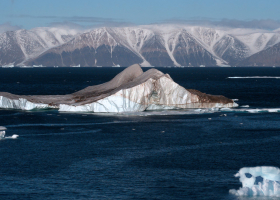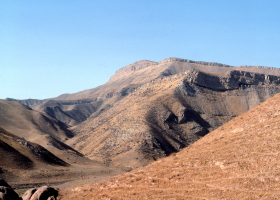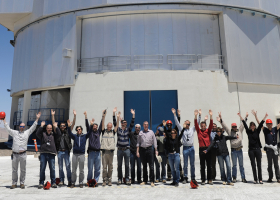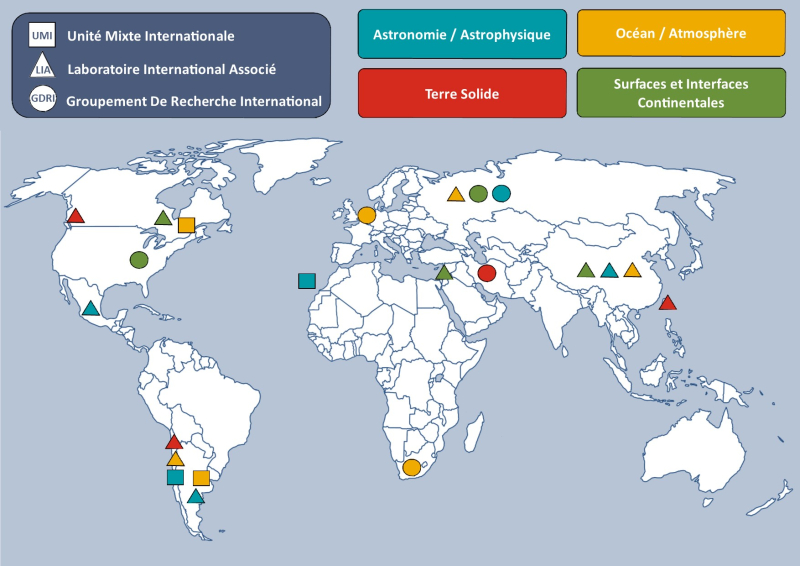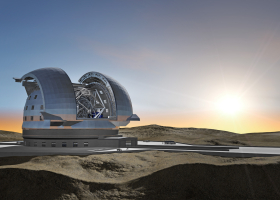
International
To respond to the major global issues inherent to its scientific themes, the INSU works on numerous collaboration projects at European and international levels through a set of cooperation agreements, infrastructures and joint programmes that ensure its presence is felt on all continents.
